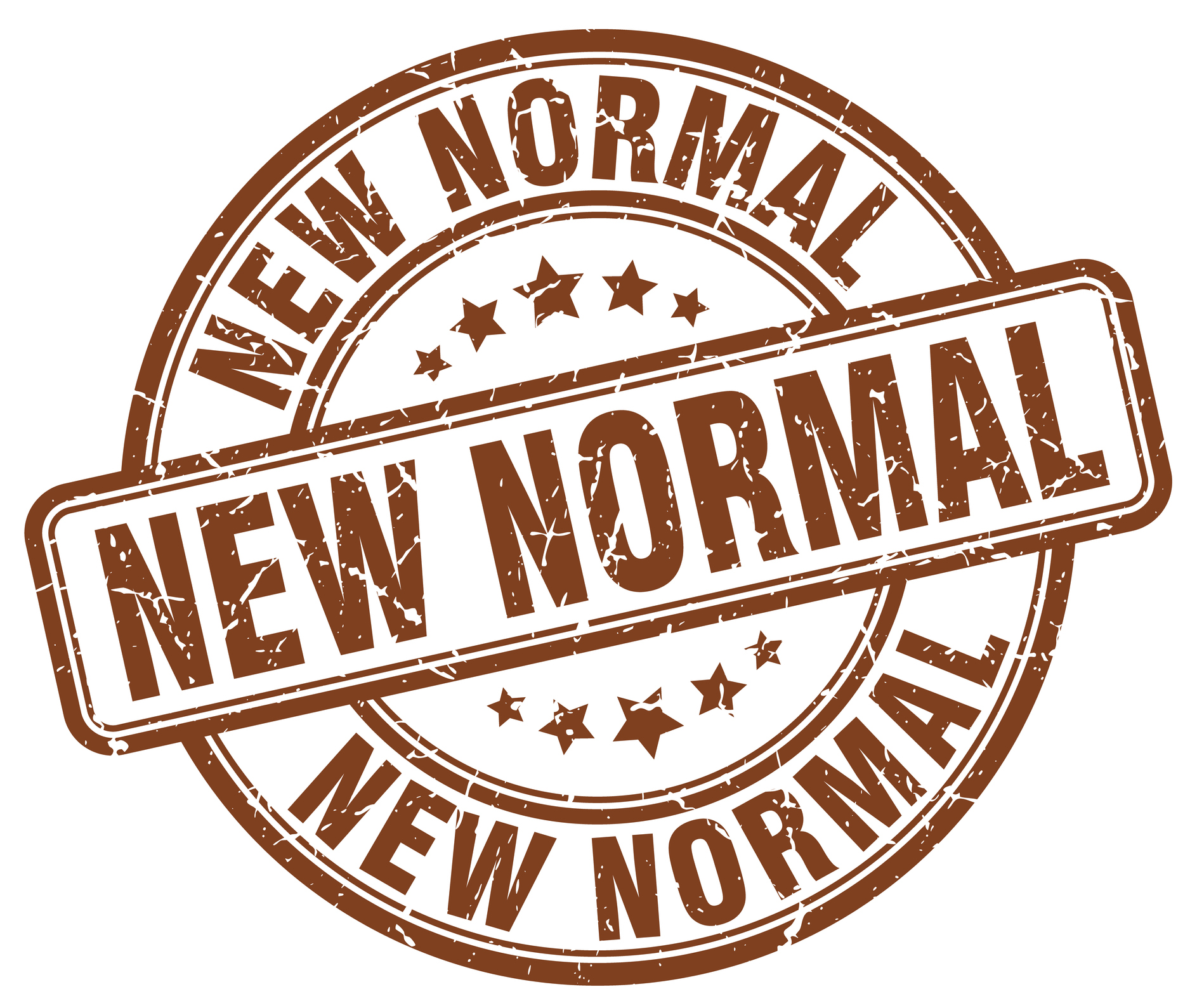As 83-year old actor, writer and educator Alan Alda shares with audiences, he believes the secret to aging successfully is to learn to “adapt, adjust and revise”. Alda, who recently revealed that he was diagnosed with Parkinson’s Disease several years ago, says that being able to respond to changes brought upon by aging, and find ways to adapt is the key to living in the present and enjoying life as it comes.
Even though older adults may be faced with a loss of mobility and other physical or cognitive changes associated with aging and chronic illness, learning to accept and adjust to how things are in “now” rather than wishing things back to the way they were, makes all the difference. According to a recent New York Times Personal Health report, being able to embrace change and adapt to new circumstances helps older adults and people with serious illness live their best possible lives.
Although losing the ability to participate in some activities or lowering expectations of oneself is difficult and the loss should be grieved, it’s what happens next that will help predict how the following chapter plays out. Focusing on what is possible, rather than what has been lost, is a pathway to a more joyful and fulfilling life, whatever it throws at you. There might even be some unanticipated benefits reaped from a journey through illness or disability, certainly by growing old, that makes the “new normal” life sweeter.
It’s easy to say that mindset has everything to do with happiness, but there is truth in the idea that the individual is responsible for his or her own contentment. Many yoga teachers remind their students during practice that, “this is how it is now” to help calm the mind and encourage living fully in the moment, letting go of distracting thoughts about the past that cannot be changed. And by allowing these thoughts to pass by without latching on to them, the mind can quiet and the present moment can be more fully experienced.
Learn more about coping positively with old age, illness or disabilities by visiting Cornell University’s The Legacy Project; Lessons for Living from the Wisest Americans here.






Add Your Voice
0 Comments
Join the Discussion